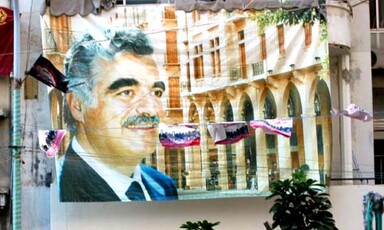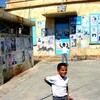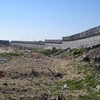
Israeli Human Rights Groups Warn of Possible Wave of Settler Attacks
7 August 2005
Israeli human rights organizations have called on the Israeli government to take the necessary steps to protect Palestinians in case of an escalation in violence by Israeli civilians during and after disengagement. The organizations wrote last week to Defense Minister Shaul Mofaz and Attorney General Menachem Mazuz, demanding that law enforcement make advance preparations to protect Palestinians living near settlements known to contain violent individuals, and particularly in those areas where there has been rioting in the past. Some of the violence will be spontaneous, the letter states, “but there is concern that we will witness organized attacks intended to stop the disengagement process”. The organizations believe that the attacks may endanger dozens of Palestinian lives. Read more about Israeli Human Rights Groups Warn of Possible Wave of Settler Attacks








